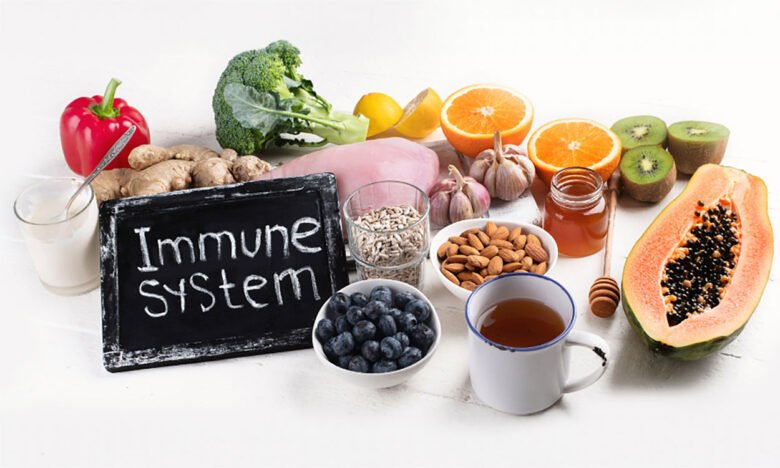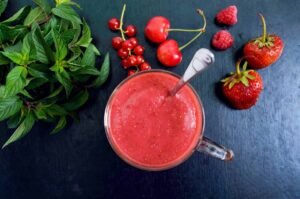Why Boosting Your Immune System Should Become a Daily Habit
A strong immune system is your body’s best defense against illness, disease, and even long-term conditions. It works quietly behind the scenes like a shield, detecting and removing dangerous invaders. There’s no magic bullet to keeping your immune system healthy, but simple changes to your habits can make a huge difference in the long run. Instead of relying on quick fixes or countermeasures, focus on daily habits to build a strong foundation for long-term health.
Getting a good night’s sleep every night is a top priority
Getting enough sleep is one of the most important, yet often overlooked, aspects of staying healthy. Cytokines are proteins that help your body fight infection and control inflammation. They’re produced while you sleep. Lack of sleep weakens your immune system, making you more susceptible to viruses and colds. And when you do get sick, it takes longer to recover.
Adults should aim to get 7 to 9 hours of sleep every night. Going to bed and waking up at the same time every day helps your circadian rhythm work better. Developing a wind-down routine in the evening, such as turning off screens an hour before bed, dimming the lights, and avoiding overeating, can help you sleep better, which in turn strengthens your immune system.
Get plenty of exercise, but don’t overdo it
Regular exercise can strengthen your immune system by improving blood flow, lowering stress hormones, and making your white blood cells work harder. Walking, biking, yoga, or swimming are all moderate-intensity exercises that help immune cells move through your body more efficiently.
However, overtraining or intense exercise without adequate rest can actually reduce the function of your immune system. It’s important to maintain a healthy weight. Aim for at least 30 minutes of moderate activity most days of the week. Short bouts of activity each day, such as stretching or climbing stairs, can significantly improve your immune system.
Eat foods that strengthen your immune system. How your immune system works depends largely on your diet. Foods rich in vitamins, minerals, and antioxidants help your body fight infection and repair cells in a healthy way. Put unprocessed foods, such as colorful fruits and vegetables, whole grains, lean meats, and healthy fats, at the top of your list.
Foods rich in flavonoids, such as peppers and citrus fruits, help build white blood cells. Leafy greens and sweet potatoes are good sources of vitamin A, which helps keep mucous membranes strong. Zinc-rich foods, such as pumpkin seeds, beans, and fish, help the body build immune cells. It’s also important to stay refreshed, as water helps the body absorb nutrients and flush out waste.
Reduce your intake of processed foods and added sugars
Too much sugar can weaken your immune system by increasing inflammation and reducing the ability of white blood cells to fight germs. Over time, processed foods high in trans fats, sugar, and chemicals can also weaken your immune system.
To keep your immune system strong, limit your consumption of sugary drinks, processed snacks, and highly processed foods. Eat whole, unprocessed foods like vegetables, nuts, seeds, and home-cooked meals. Simple changes like replacing soda with plain water or cooking your own meals can help your immune system function better and reduce inflammation.
Mindfulness can help you manage stress
Chronic high anxiety levels can increase cortisol, a hormone that weakens the immune system when elevated for long periods of time. Everyone gets stressed sometimes, but chronic mental stress can weaken your body’s defenses and make you more susceptible to illness.
Incorporating mindfulness techniques into your daily life can help you feel better and less stressed. Deep breathing, journaling, guided meditation, and spending time in nature have all been shown to lower cortisol levels and keep your immune system in balance. Just five to 10 minutes of mindful relaxation each day can significantly improve your stress levels and immune system.
Spend some time outside and enjoy the sun. Vitamin D is essential for overall health and is most easily absorbed naturally from the sun. Vitamin D contributes to a healthy immune system and reduces the risk of lung disease.




